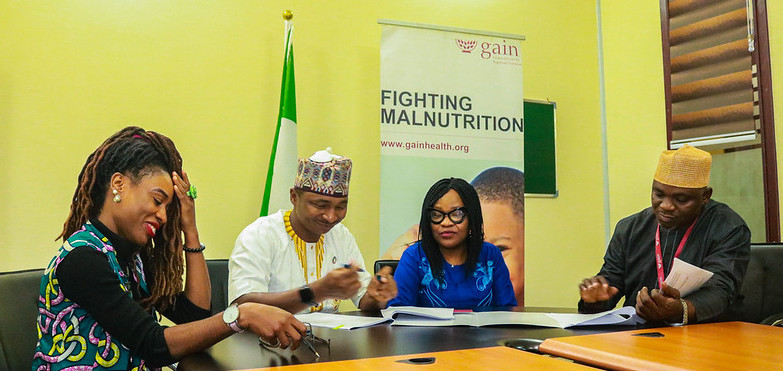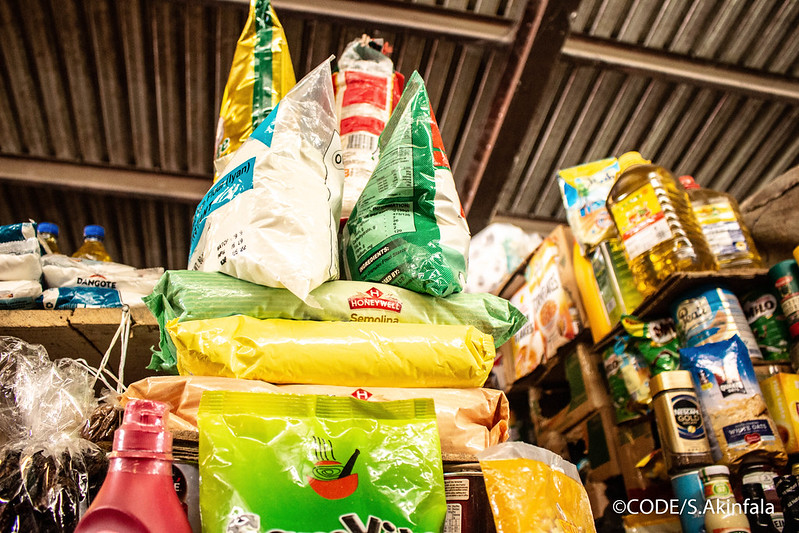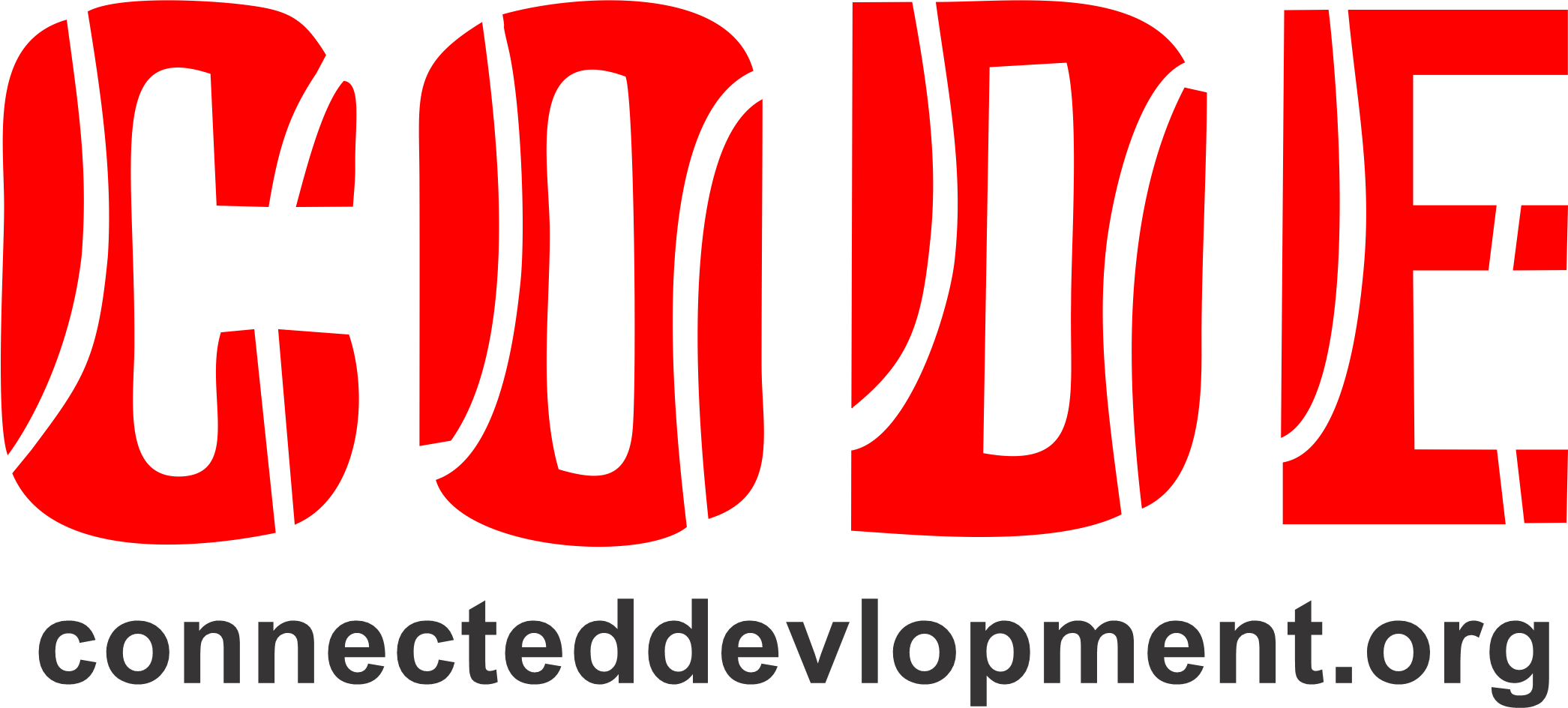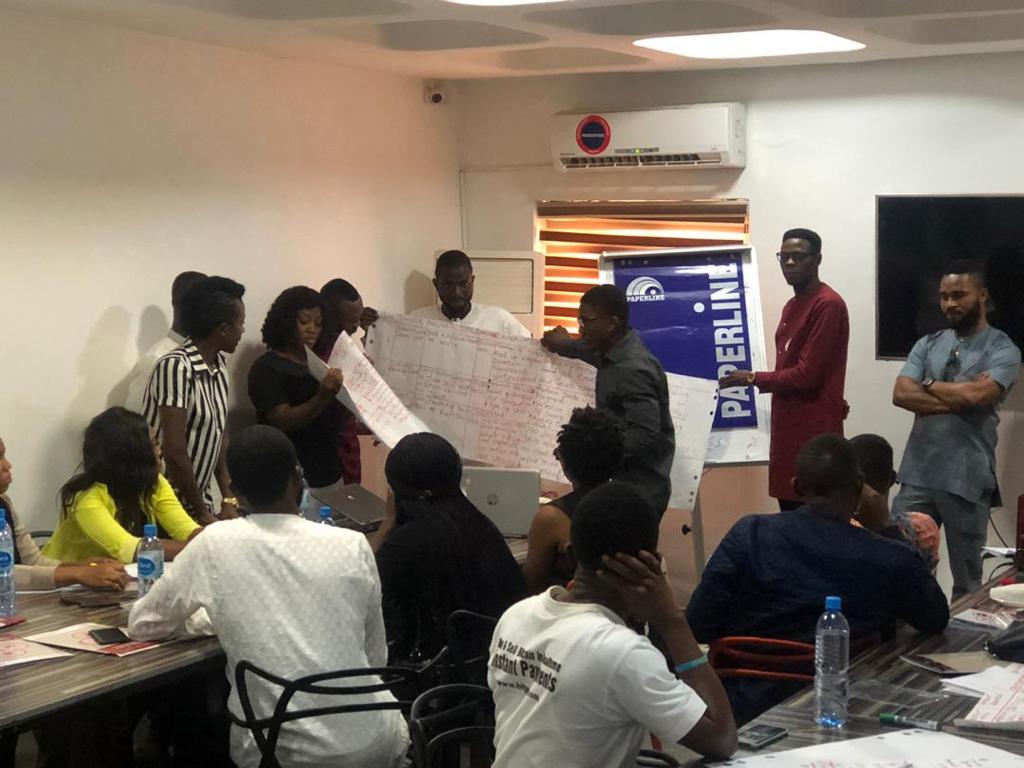- +234 09291 7545
- info@connecteddevelopment.org
Nigeria is one of the top three countries with the largest absolute number of children who are stunted and wasted, according to the Global Nutrition Report of 2018. Preventable deficiencies of critical vitamins and minerals such as iron, Vitamin A, D, iodine, folic acid and zinc contribute globally to over 3 million child deaths annually. These micronutrient deficiencies are prevalent in Nigeria, particularly among young children under 5 years of age as well as women of reproductive age.

Concerned by this issue, two Non-Governmental Organisations, the Global Alliance for Improved Nutrition (GAIN) and Connected Development (CODE) have partnered to advocate for increased compliance by food manufacturers on Food Fortification policies in Nigeria.
The partnership signed recently in Abuja under GAIN’s Large Scale Food Fortification Project, seeks to raise consumer awareness on the benefits of fortified foods and the dangers of micronutrient deficiencies in their food intake. Nigeria loses over US1.5 billion in GDP to Vitamins and mineral deficiencies, however, scaling up micronutrient interventions would cost the country less than USD 188 million per year, according to the World Bank.
Speaking about the project, GAIN’s Large Scale Food Fortification Project Manager, Dr Phoebe Olapeju, stated that through enhanced business operations and an improved regulatory environment, high quality and adequate fortification of staple foods has the potential to improve nutrition for 180 million Nigerians.

According to CODE’s Chief Executive, Hamzat Lawal, “Malnutrition is one of the most serious global development issues holding back millions of individuals, families and countries from achieving their full potential. Failing to address malnutrition will continue to negatively impact not only the health and wellbeing of Nigerians, but the country’s economic growth and prosperity.”
The project hopes to improve policies and compliance practices of manufacturers in the food industry. The team plans to work with the Consumer Protection Council (CPC), National Agency for Food and Drugs Administration and Control (NAFDAC), Standard Organisation of Nigeria (SON), the Ministry of Health and other regulators to strengthen regulation of fortified foods.
Related
Connected Development is an initiative that is passionate about empowering marginalised communities.
Comments (06)
Leave a Reply Cancel reply
This site uses Akismet to reduce spam. Learn how your comment data is processed.



You people are doing a great job here i pray for more finance i will very happy to join you in this program to add to it
Find alysson sterling sex videos for free, here on Our porn search engine delivers the
hottest full-length scenes every time. Pornhub NETWORK
Pornhub; RedTube Blow Me POV Big Titted Babe Alysson Sterling is
Sucking her Hungover Date 06m 06s -81%.
Türk Tombul Sıkıs Izle indir, Türk Tombul Sıkıs Izle video
indir, Türk Tombul Sıkıs Izle mp4 3gp flv mp3 webm indir.
Kadınlar arkadan ister mi?
VEENI SÜSTIMINE Süstides veeni, on sul suur tõenäosus saada üledoos.
Pea meeles: kui sinu kehatemperatuur on ma-dal, siis võib veeni
leidmine olla raskendatud. Üksikutel juhtudel võib olla vajalik
korduv süstimine soovitud efekti saavutamiseks.
See saavutatakse süstides täiteainet naha sisse või naha alusesse koesse.
NUMARAM: 32. Yaslı karı pornosu bedava çok güzel
başörtülü harika milf brazzers olgun jiz porn tube benzerleri eve
gelen doktor turbanli sikiyor. Amatör Anal Asyalı Bakire.
Şimdi size çok sevdiğim klasik bir bilim kurgu filminden, 99 yapımı Matrix’ten bir sahne göstereceğim ve
bu sahne üzerinden fotoğrafta kompozisyon tekniklerini inceleyeceğiz.
İlk kuralımız “Rule of thirds (üçler kuralı)”.
Ekranı yatayda iki ve dikeyde iki çizgiyle üçer parçaya böldüğünüzü hayal edin.